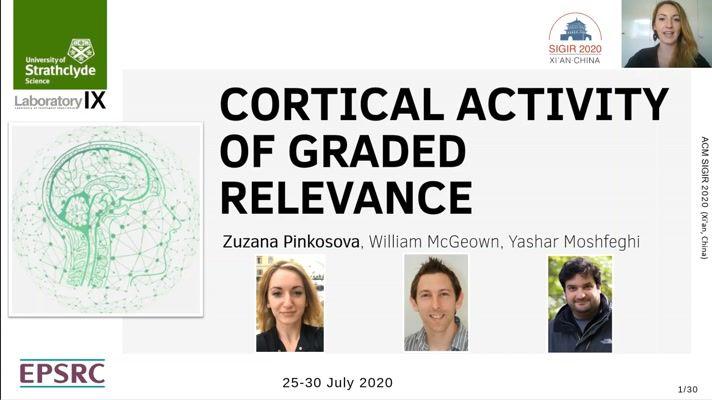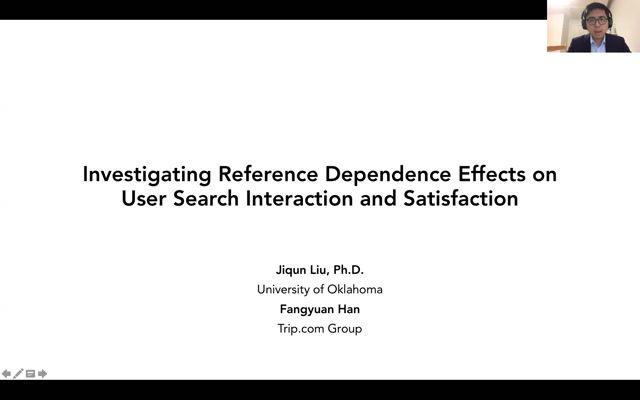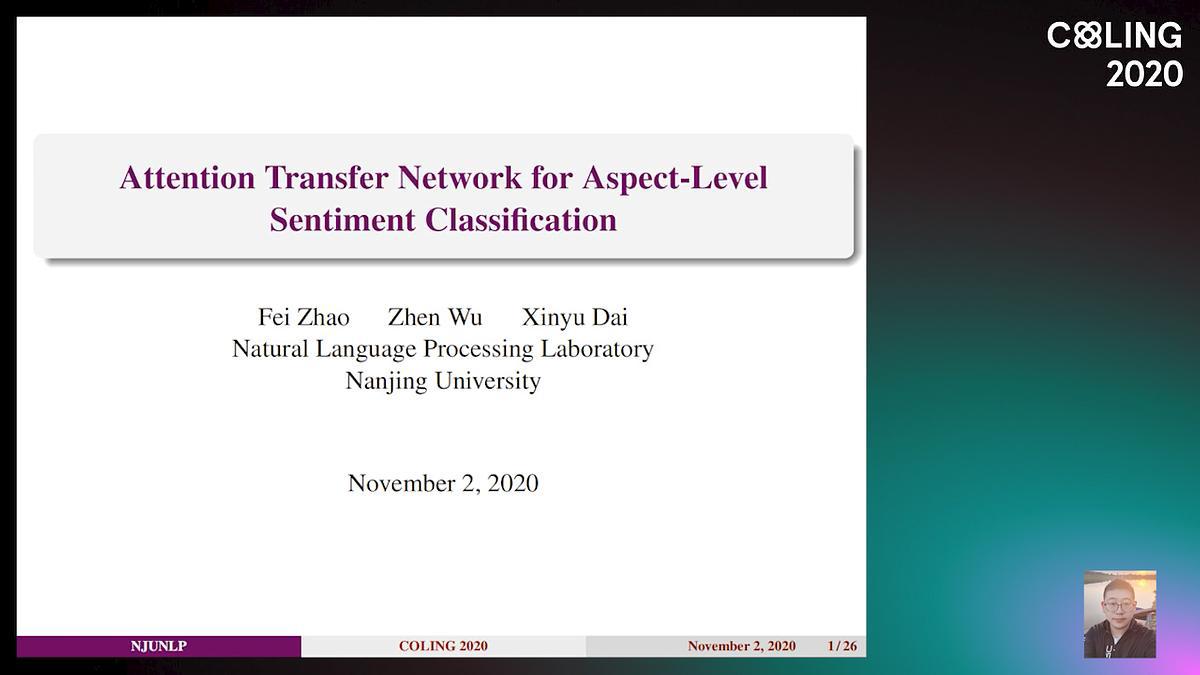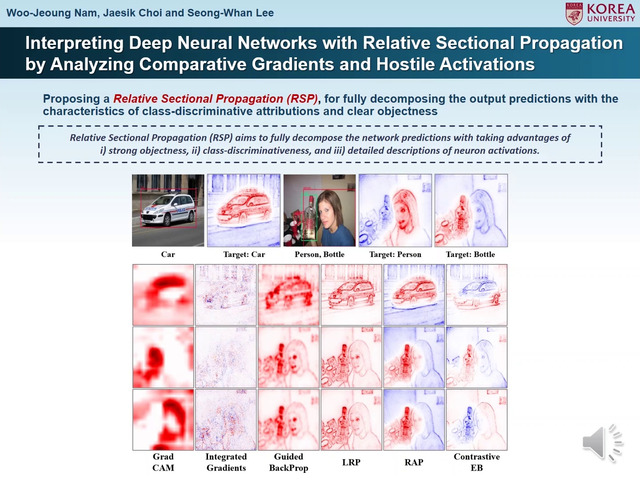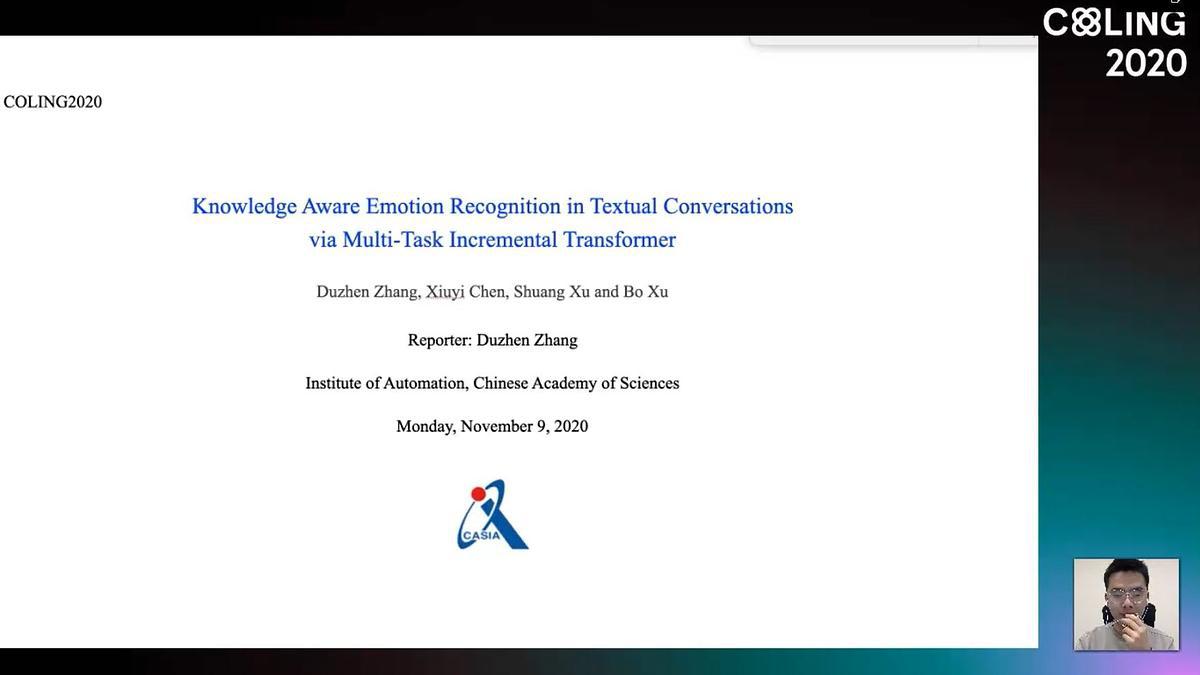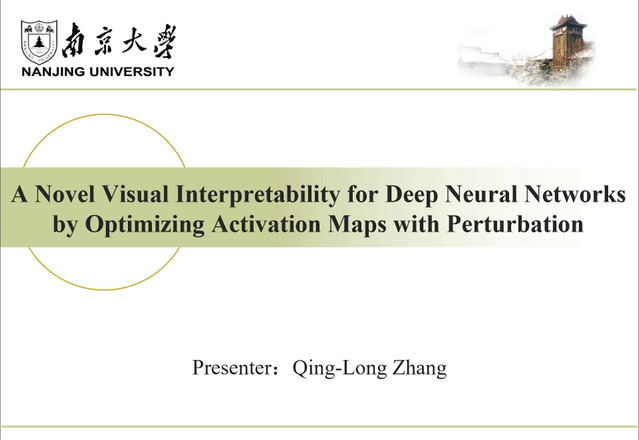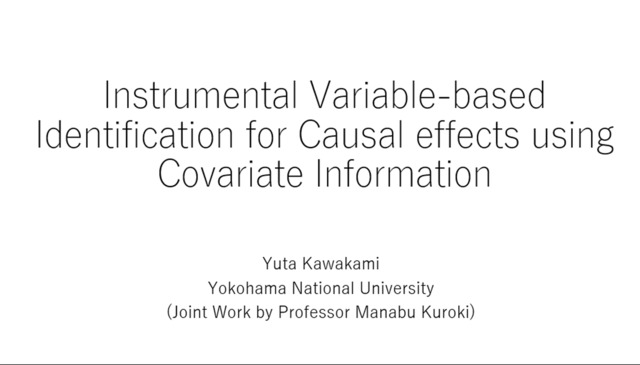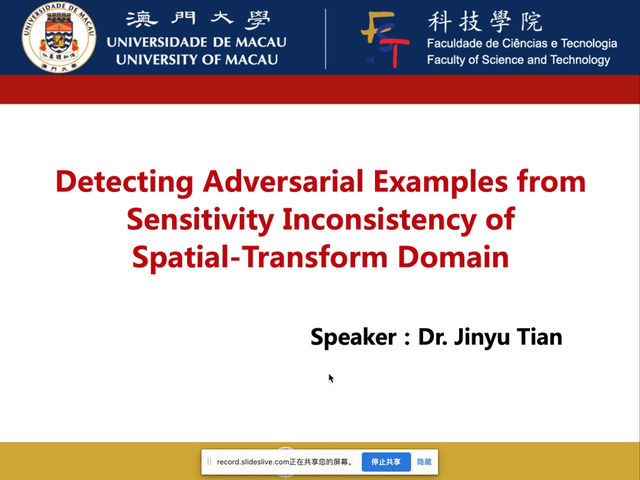Abstract:
Relevance is an essential concept in Information Retrieval (IR). Recent studies using brain imaging have significantly contributed towards the understanding of this concept, but only as a binary notion, i.e. a document being judged as relevant or non-relevant. While such a binary division is prevalent in IR, seminal theories have proposed relevance as a graded variable; i.e. having different degrees. In this paper, we aim to investigate the brain activity associated with relevance when it is treated as a graded concept. Twenty-five participants provided graded relevance judgements in the context of a Question Answering (Q/A) Task, during assessment with an electroencephalogram (EEG). Our findings show that significant differences in event-related potentials (ERPs) were observed in response to information segments processed in the context of high-relevance, low-relevance and no-relevance, supporting the concept of graded relevance. We speculate that differences in attentional engagement, semantic mismatch (between the question and answer) and memory processing underpin the electrophysiological responses to the graded relevance judgements. We believe our conclusions constitute an important step in unravelling the nature of graded relevance and knowledge of the electrophysiological modulation to each grade of relevance will help to improve the design and evaluation of IR systems.
